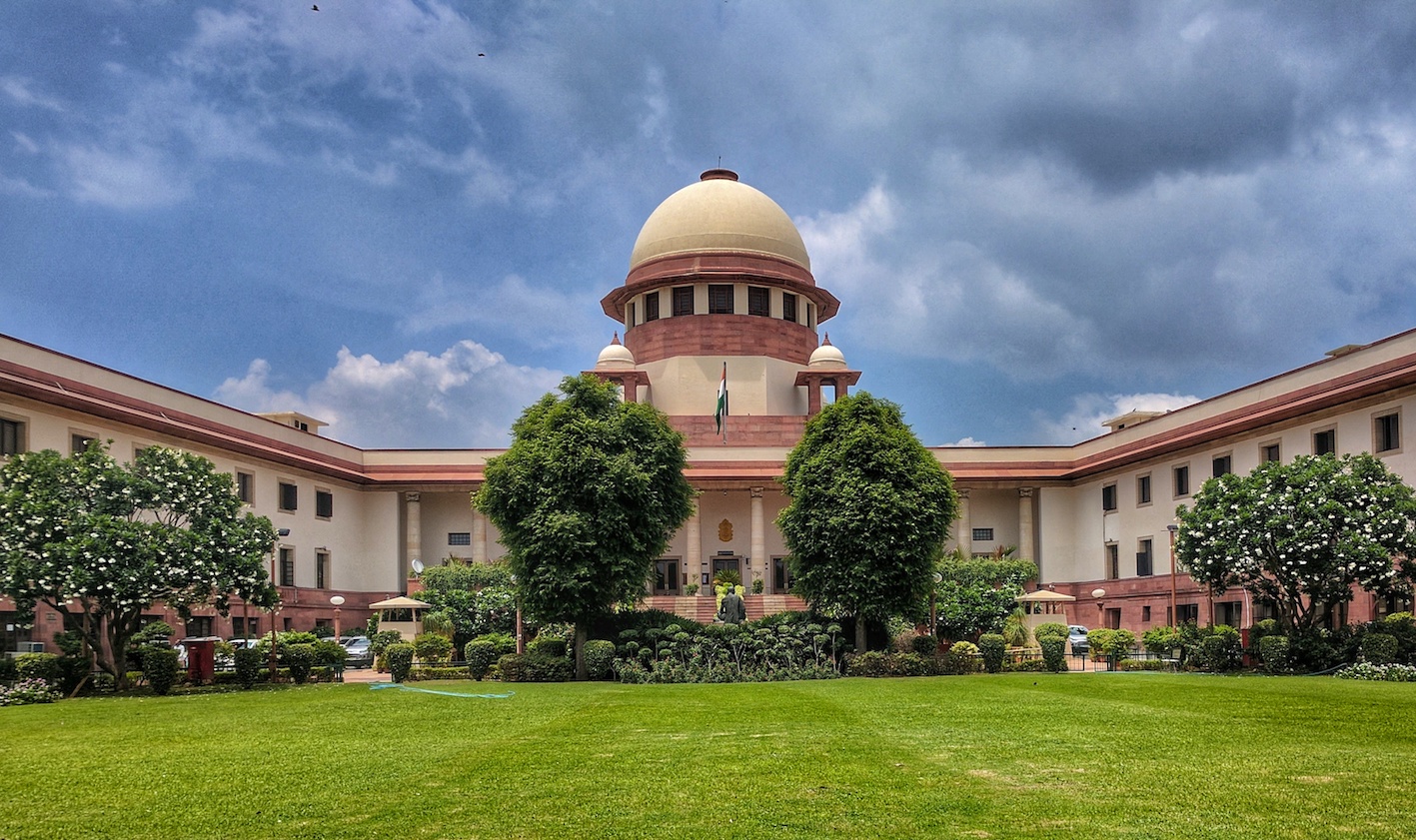The recent conviction and disqualification of Congress leader Rahul Gandhi has highlighted some critical constitutional and legal issues, particularly concerning the disqualification of legislators. The interpretation of Section 8 of the Representation of the People Act of 1951, as well as the role of the President in instances of disqualification, has come up again.

Background of the case
- The Congress leader during campaigning for the 2019 parliamentary polls had made a remark, “How come all the thieves have Modi as the common surname?”
- On the basis of this remark, a BJP MLA filed a criminal defamation case against him in a Surat court, alleging that the congress leader, while speaking at an election rally in Karnataka in 2019, defamed the entire Modi community with his remark.
- On Thursday, a Surat judge convicted the Congress leader in a criminal defamation case and sentenced him to two years in prison.
- As a result, the Congress representative has been removed from the Lok Sabha. According to a notice given by the Lok Sabha Secretariat, he was disqualified from the House as of March 23, the day of his conviction.
Disqualification under the 1951 Representation of the People Act
- Grounds of disqualification: Section 8 of the RPA, 1951 specifies the various offenses, conviction for which entail the disqualification of a member of the legislature.
- Clause (3): Clause (3) of this section says that a person convicted of any offense other than those mentioned in the other two clauses, and sentenced to not less than two years shall be disqualified from the date of conviction.
- Exemption under clause (4): The clause (4) has exempted sitting members from instant disqualification for three months to enable them to appeal against the conviction.
The President’s Role in Disqualification
- The President has the following authority: Article 103 of the Indian Constitution designates the President of India as the authority to determine whether a sitting member has become disqualified in all instances covered by Article 102(1).
- The President’s adjudicatory and declaration powers: There are differing views on the scope of Article 103, but the Supreme Court supports the position that the President performs adjudicatory and declaratory functions in Consumer Education and Research Society vs Union of India (2009).
Flaws in the Lily Thomas Case Judgment
- Parliament cannot enact a brief exemption in favour of sitting members of the Legislature: It states that Parliament cannot enact a temporary exemption in favour of sitting members of the Legislature.
- Article 103 allows for an exception: However, Article 103 makes an exception for sitting Members, saying that the disqualification of sitting Members shall be decided by the President.
- Distinction between contenders and incumbents: The Constitution distinguishes between applicants and sitting Members. The Court disregarded this, and the three-month window provided to sitting members to appeal their conviction was ruled unconstitutional.
In India, there is a lot of slander
- Defamation is defined as the act of publishing defamatory content that harms the image of an individual or organisation when viewed through the eyes of an ordinary man. In India, defamation is both a legal and a criminal offence.
- The Laws Concerning Defamation: IPC sections 499 and 500: Sections 499 and 500 of the Indian Penal Code deal with illegal defamation. The former specifies the offence of defamation, while the latter defines the punishment.
@the end
The recent conviction and disqualification of Congress leader Rahul Gandhi has raised significant constitutional and legal problems concerning legislative disqualification. While the problems concerning Rahul Gandhi’s disqualification will be addressed by the appellate courts, the legal and constitutional questions raised by this case must be carefully examined.
Source: https://www.thehindu.com/opinion/lead/making-sense-of-the-disqualification-of-a-lok-sabha-mp/article66665189.ece
